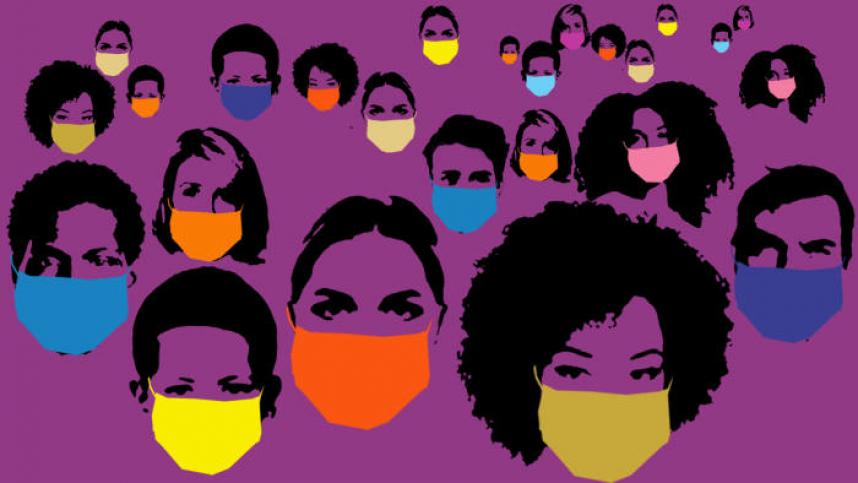
The Greek government has announced new rules for masks in Greece. The announcement was made by Deputy Civil Protection and Crisis Management Minister Nikos Hardalias on Tuesday.
“We must learn to live with the use of masks,” the minister said.
In addition to those areas where face masks were already obligatory, from Wednesday people will also be required to wear a face mask when entering:
- Shops providing goods and services of all kinds
- Public utility companies
- Banks
- Doctors’ surgeries
- Municipality buildings
- Food retailers (bakeries, butchers, greengrocers etc)
- Hair salons
- Beauty parlours
Other areas where the use of face masks is already mandatory include:
- All public transport
- Taxis
- Supermarkets
- Hospitals
- Health centres and diagnostic centres
- Lifts
- Ships
- Airplanes
- Staff serving customers at restaurants, cafes and bars
The minister also made a strong recommendation that face masks be worn in all indoor areas where people are crowded together and it is difficult to observe the necessary social distancing rules, adding that the fine for not wearing a mask in areas where this is required is €150.
The increase in domestic cases should not cause either panic nor complacency,” Hardalias added, pointing out that the virus “is still here” and that the rules for health and hygiene must be strictly followed, while he advised people to avoid large gatherings and crowds.
Greece reported 52 new coronavirus cases in the latest 24-hour reporting period, of which 7 are from incoming travellers.
This raises the total number of cases to 4,279.
1,195 are considered to be related to travel from abroad and 2,139 are related to an already known case.
Meanwhile, 8 patients are in ICU. Their average age is 56 years. 75% have an underlying disease or are over 70 years old.
The country’s pandemic death toll remains at 203.
Since Greece reopened for tourism on July 1, a total of 1,294,798 people entered the country by July 26, while 171,138 people were tested for Covid-19, with 344 testing positive. Of the imported cases, the Balkan countries accounted for the highest number of cases.
The goal, Hardalias concluded, was for Greece to remain a safe country for both visitors and local residents.